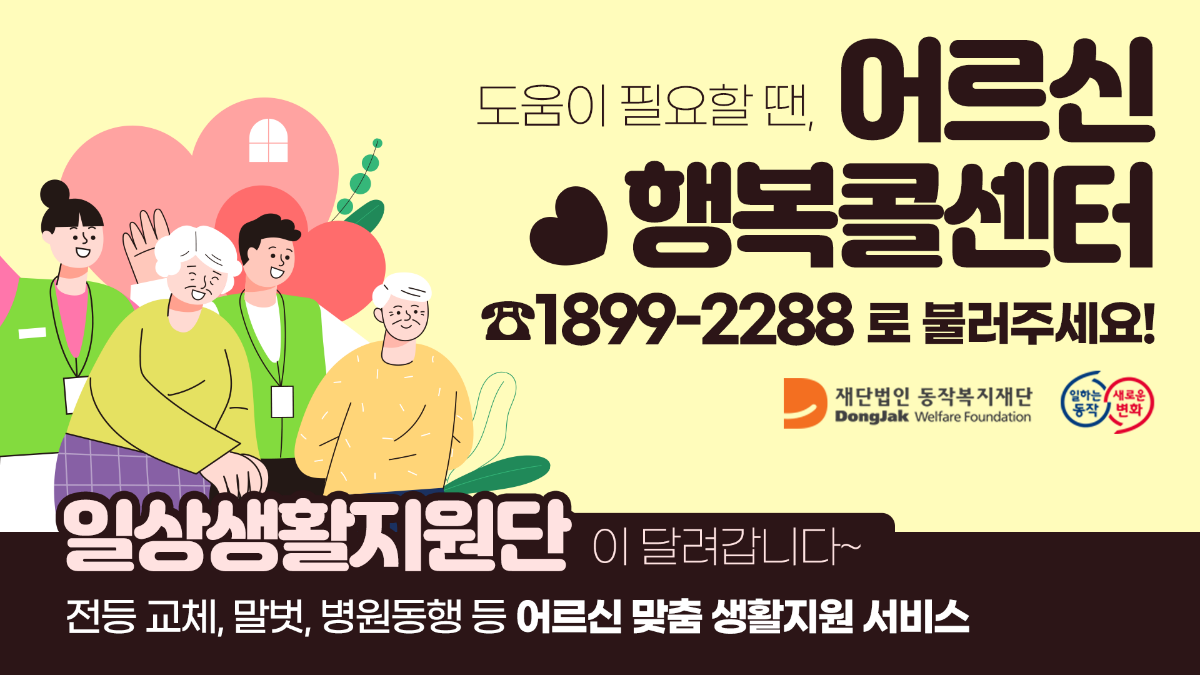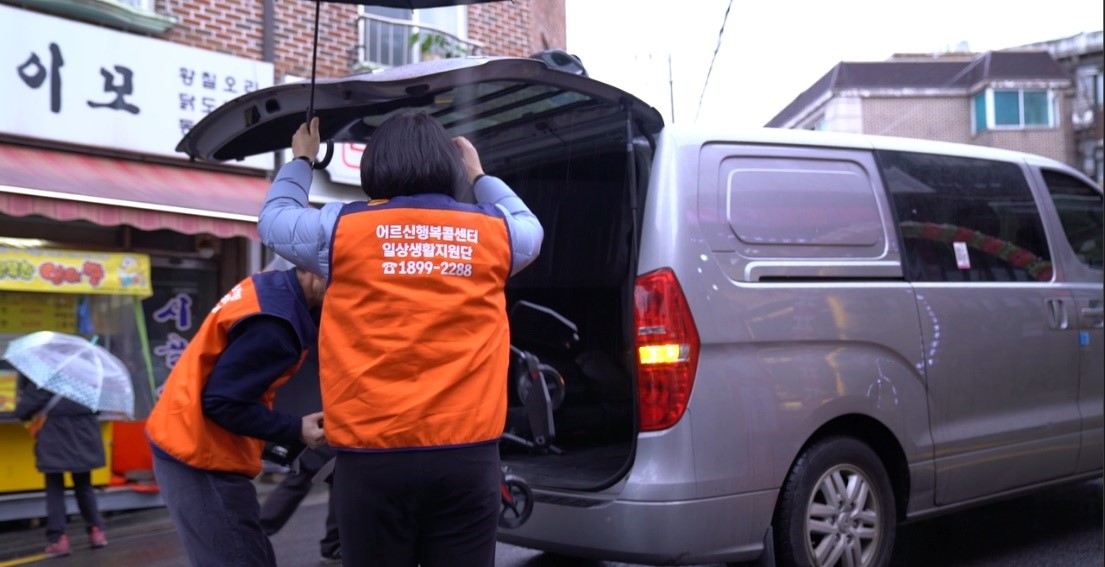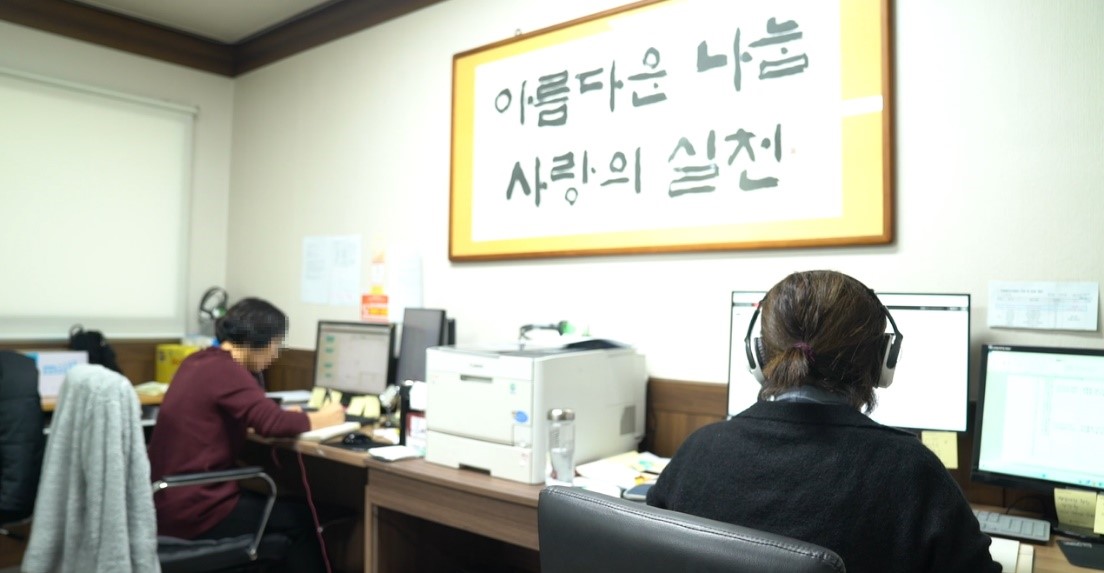[Case 21] Seoul Dongjak-gu Happiness Call Center for Older Persons
Seoul Dongjak-gu Happiness Call Center for Older Persons
Cities, compared to rural areas, offer a wide range of benefits including better transportation, living environment, medical facilities, employment opportunities, and cultural activities. However, challenges in accessing information often create gaps in care, leaving older persons unable to receive the welfare services they deserve. Especially since the COVID-19 pandemic, the swift shift from offline to online in administration and economy has exacerbated the struggles of older individuals from adapting to the digital environment, leading to increased social isolation and disconnection. In response, governments and local authorities have developed institutional mechanisms and various initiatives to reduce the digital divide for older individuals and other vulnerable groups.
This report highlights the ‘Happiness Call Center’ in Seoul’s Dongjak-gu, an integrated information portal specifically designed for older individuals facing difficulties in accessing digital information. In Dongjak-gu, where 25% of the total population is over 60, and 15% are older single-person households (Seoul, 2023)[1], the level of digital access and usage among the older persons is the lowest, at 69.9%, among vulnerable groups (Digital Information Gap Survey, 2022)[2]. To address this, Dongjak-gu inaugurated the ‘Happiness Call Center’ in March 2023, aimed at providing tailored information to meet the needs of citizens aged 65 and older.
Since March, the Happiness Call Center has conducted 4,617 consultations by October 2023, with an average of 27 older residents utilizing the service daily. Out of these, 756 cases led to specific service referrals, with a high rate of connection to caregiving, employment, and cultural activities. Among the older adults who used the Call Center, 95% expressed satisfaction with the friendly explanations provided, and 95.7% indicated their intention to continue using the Happiness Call Center in the future.
In response to the rapid increase of older single-person households, the Center goes beyond providing basic information. It collaborates with welfare centers, Korean Foodbank, and Seoul Association of Community Care For The Elderly to link personalized information and services. Moreover, the Center plays a crucial role in fulfilling essential needs beyond conventional systems. The ‘Daily Life Support Team’ conducts on-site visits, offering assistance with tasks such as accompanying older individuals to hospitals and banks, as well as aiding with administrative duties. This approach effectively bridges the gaps in care through direct, hands-on support. In one instance, an older individual with severe headaches was promptly connected to emergency services and a local community center, ensuring timely medical intervention. In another instance, an older adult struggling with online banking received guidance from the support team, demonstrating the Center's commitment to making technology accessible and understandable for older persons. The support team visited and carefully instructed him on how to download and use financial authentication certificates online.
[1] Elderly population share in Seoul (by district), Seoul City, https://data.seoul.go.kr/dataList/10020/S/2/datasetView.do
[2] Digital Gap Survey 2022, Information & Communication Technology Promotion, https://www.iitp.kr/kr/1/knowledge/statisticsView.it?masterCode=publication&searClassCode=K_STAT_01&identifier=02-008-230324-000001
Haeri Kang (haerikang@asemgac.org)


